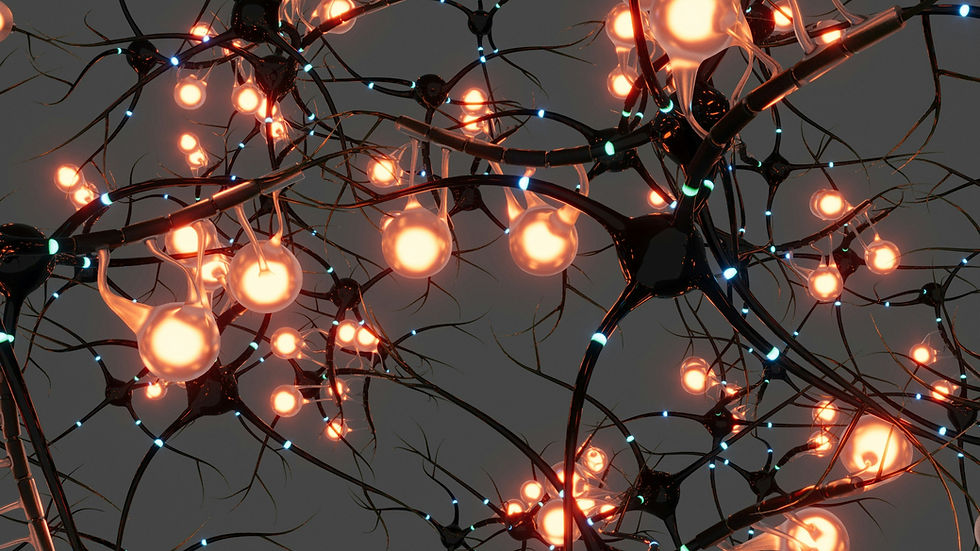Infertility and Heart Health: The Link Women Need to Know About
- The Female Body

- May 22, 2025
- 3 min read

New research reveals a striking connection between infertility and long-term cardiovascular risk – and it's time the conversation around women’s reproductive health went deeper.
Infertility May Be a Warning Sign for Future Heart Disease
Infertility doesn’t just affect your chances of having children — it could also be a red flag for your heart.
New data presented at the first-ever Joint Congress of the European Society of Paediatric Endocrinology (ESPE) and the European Society of Endocrinology (ESE) reveals that women with a history of infertility are significantly more likely to develop heart disease and stroke later in life. The risk is even greater for younger women and those who undergo fertility treatments like IVF.
This isn’t just another isolated study. It’s the largest meta-analysis to date exploring the connection between female infertility and cardiovascular disease.
What the Research Shows
Researchers from the National and Kapodistrian University of Athens analysed 21 high-quality studies, comparing 178,828 women who experienced infertility with nearly 3.4 million women without fertility challenges.
Their findings were clear — and sobering:
Women with infertility had a:
14% higher risk of developing cardiovascular disease (CVD)
17% higher risk of heart disease
16% higher risk of stroke
Younger women (under 40) with infertility had a 20% increased CVD risk
Women who underwent ART (assisted reproductive technology) saw a 4% increase in CVD risk
This research offers robust new evidence that infertility isn’t just a reproductive issue — it’s a whole-body issue, with long-term consequences that go well beyond fertility clinics.
Why This Matters: Shifting the Health Paradigm
Historically, women’s reproductive health has been siloed from broader health conversations. But according to lead researcher Dr Elena Armeni, this data reinforces the need to view infertility as more than just a fertility concern:
“Recognising infertility as a potential early marker for cardiovascular disease could help doctors identify women who may need closer monitoring or preventive strategies earlier in life.”
In other words: infertility might be an early warning sign, and healthcare providers need to start listening — and acting — sooner.
The Role of Fertility Treatments
The study also sheds light on the role of assisted reproductive technologies (ART), such as IVF. While the increase in heart disease risk among ART users was smaller (4%), it still adds to a growing body of evidence suggesting the need for long-term monitoring post-treatment.
As ART use continues to rise globally, researchers stress the importance of understanding both the immediate and delayed effects on women’s cardiovascular systems.
What’s Next: Filling the Gaps in Women’s Health Research
Despite its strength, this meta-analysis is just the beginning. Dr Armeni and her team are now calling for a large-scale, prospective study to:
Identify which causes of infertility pose the greatest cardiovascular risks
Explore how different fertility treatments impact long-term heart health
Clarify the biological mechanisms behind these links
Develop new prevention guidelines tailored to women with fertility challenges
“Ultimately,” says Dr Armeni, “this will help shape future guidelines for early prevention strategies and improve cardiovascular care for women with a history of infertility.”
The Bigger Picture
At The Female Body, we’ve long called out the systemic gaps in women's healthcare — and this research is yet another example of how interconnected, understudied, and often overlooked women’s health truly is.
Infertility isn’t just a fertility issue. It’s a cardiology issue. A policy issue. A research issue. And above all, it’s a health equity issue.
If we want to protect women’s health, we must start treating the reproductive system not as an isolated organ — but as a vital part of the whole body.




Comments